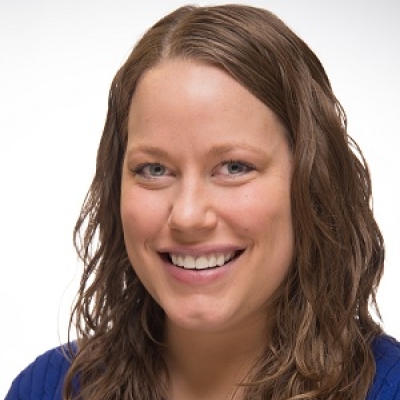2020 has brought no shortage of headlines—and many of them aren’t exactly heartwarming. Education is no exception. Controversy over reopening plans, persistent connectivity troubles, and diverging opinions among key stakeholders have dominated national and local media coverage.
It’s been a rough year, and we’ve still got months to go. So when good news finally surfaces, it’s a welcome relief. One such story has been the official opening of I Promise Village, a transitional housing complex in Akron. The renovated apartment building provides rent-free housing for up to sixteen families experiencing homelessness, domestic violence, and other unforeseen circumstances. As its name indicates, it’s specifically designated for the families of students who attend LeBron James’s I Promise School (IPS). It is heartening that the pandemic did not delay renovations or the opening.
Chances are that even if you’re not an Akron native like me, you’ve probably heard of IPS. The school is a joint effort between the LeBron James Family Foundation, the I Promise Network, and Akron Public Schools. It serves nearly 500 of Akron’s most at-risk students in third through sixth grade and offers a plethora of additional, year-round services to them and their families.
Although it is technically part of Akron Public Schools, IPS isn’t a typical traditional district school. It uses a curriculum anchored in science, technology, engineering, and math. Like Ohio’s independent, non-district-affiliated STEM schools, it is part of Ohio’s STEM Learning Network. The school calendar comprises an extended school day and year, just like many of the country’s best charter networks. And much like private and other schools of choice, it has alternative schedules and working conditions for teachers. The school has an “intentional focus on social-emotional learning and a strategic approach to trauma-informed curriculum.” And all these unique features seem to be paying off. The school is doing well on in-house measures like NWEA MAP as well as state report cards.
The school’s uniqueness also extends beyond just academics. The IPS website notes that the school “places an intentional focus on family engagement and dedicates extensive resources to support its students’ entire families.” These resources include access to a food pantry with no limits or restrictions and a resource room stocked with necessities like socks, coats, and toiletries. Through partnerships with community organizations and businesses, IPS offers families medical and vision care, GED opportunities, job and career services, legal aid, financial literacy programming, and mental health assistance. There’s also a new recreation facility that’s coming soon. Oh, and scholarships to attend the University of Akron for students who meet certain criteria.
Given that IPS is so closely tied to LeBron James, one of the world’s greatest athletes, it’s been the subject of tons of media coverage. Not all of it has been accurate or fair. One of the most common talking points has been whether IPS could serve as a model for other public schools. The answer to that question is complicated. It would be difficult for any school to replicate all the things that make IPS a success without the star power and financial backing of someone like James. In the most literal sense, then, IPS can’t be a model. Especially in the middle of a financial crisis, when James’s foundation could theoretically plug any budgetary holes the school faces.
But in terms of its mission and values, IPS is an excellent model. The oft-repeated tagline “We are family” is more than just a phrase it prints on t-shirts. A quick perusal of its website or any number of recent media stories proves that IPS is deeply focused on kids’ needs the way a family would be. It isn’t a perfect school. No school is. But it’s consistently doing right by kids, and that’s worthy of praise and emulation, especially in the middle of a pandemic.
In the coming months, parents and stakeholders will need to walk a fine line between grace and accountability for schools. As they do, they’d be wise to apply the IPS test. Most schools don’t have a superstar founder or endless streams of cash. But are they identifying what’s best for kids and working hard to make it happen? If so, persevere. But if not, it’s time to make some changes.




